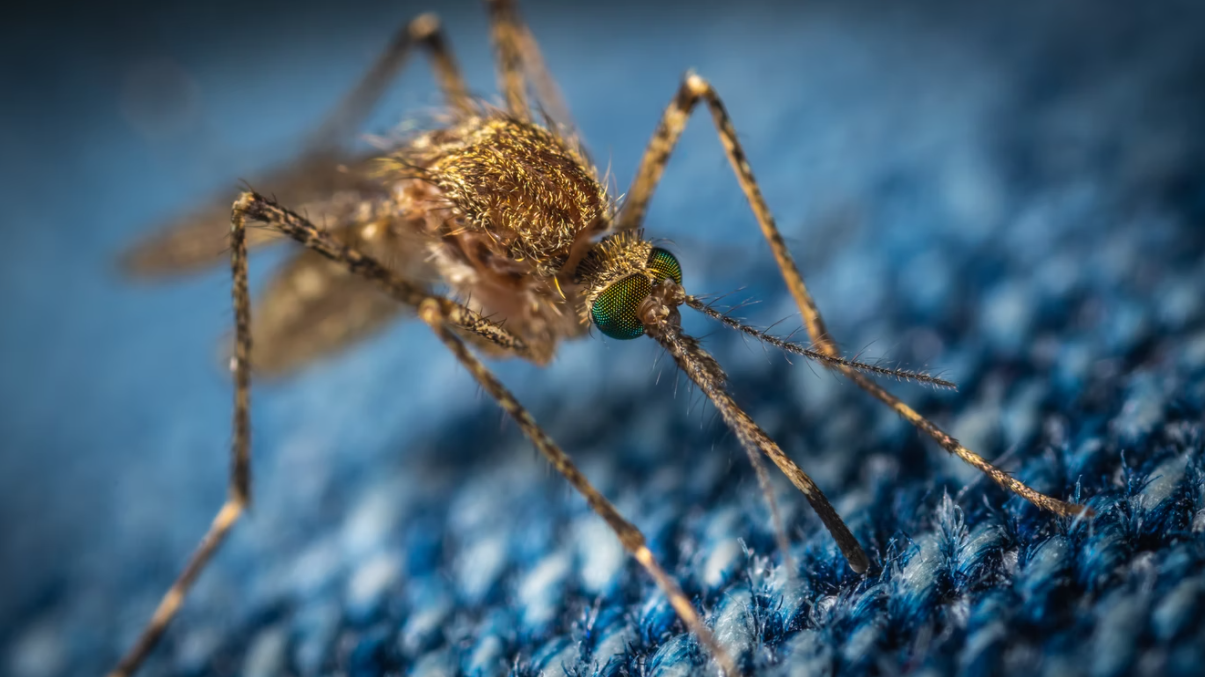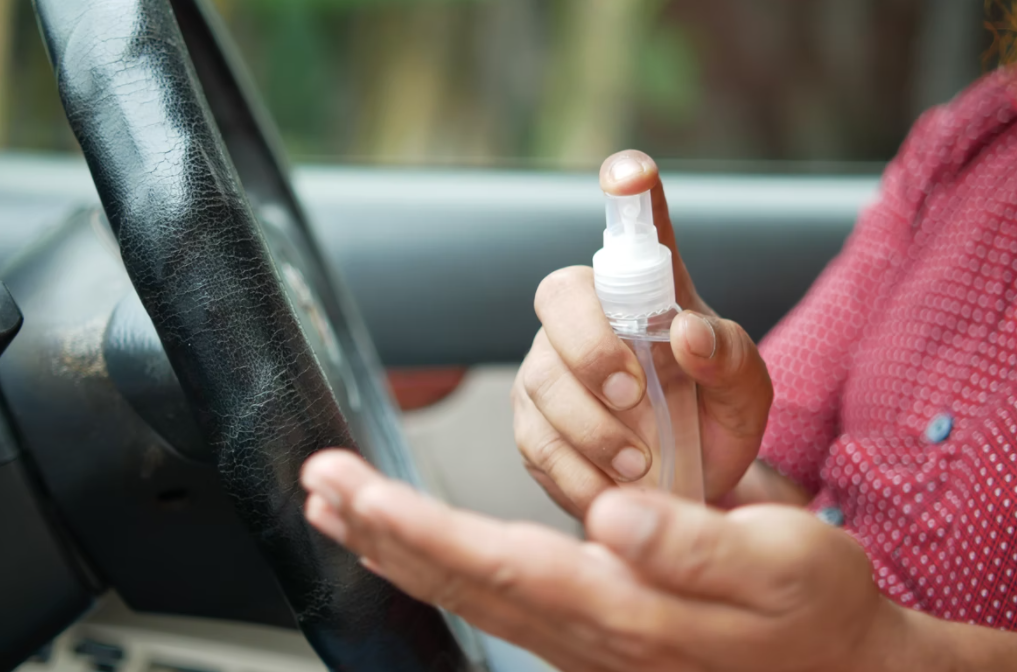The Dangers Of Insect Bites And How To Deal With Them The Right Way

Insect bites can be dangerous and even deadly if not treated properly. Finding insect bite remedies quickly and effectively can help minimize the risks!

Photos By: Unsplash
Some insects, such as bees, can inject venom into the skin when they sting, while others, such as mosquitoes, can transmit diseases like malaria, Zika virus, and West Nile virus. It is essential to properly deal with insect bites to protect yourself from these dangers.
Common Dangers Of Insect Bites
There are a few different dangers associated with insect bites that you should be aware of.
Insect Sting: A bee, wasp, hornet, or yellow jacket can sting you and inject venom into your skin. This can cause pain, swelling, redness, and itching. If you are allergic to the venom, you may experience chest pain, shortness of breath, rapid pulse, or hives.
Mosquito Bites: Mosquitoes can transmit diseases like malaria, Zika, and West Nile. These diseases can cause fever, body aches, vomiting, and diarrhea. They can also be deadly if not treated properly.
Tick Bites: Ticks can transmit several diseases, including Lyme disease, Rocky Mountain spotted fever, and Southern tick-associated rash illness. These diseases can cause a wide range of symptoms, including fever, headache, fatigue, and a skin rash.
How To Deal With Insect Bites The Right Way
Before you decide to treat insect bites the wrong way that could be dangerous or even deadly to your health, it is essential to understand more about the proper treatment.
Control Your Lawn
One of the best ways to reduce the number of mosquitoes in your area is to keep your lawn well-maintained. Trim tall grass, shrubs, and trees; remove any standing water; and install screens on your windows and doors. This is the best way for mosquito and tick control management. Better yet, using natural methods to kill mosquitoes and ticks is an even more effective way to reduce the number of insects surrounding your home. You will protect not only yourself but also your family and pets.
Wear Protective Clothing
If you are going to be outside in an area where there is a high risk of being bitten by mosquitoes or ticks, wear protective clothing. Covering up your skin with long-sleeved shirts and pants can help protect you from bee, wasp, hornet, and yellow jacket stings. It can also help to prevent mosquito bites. You may also want to consider wearing a hat and using insect repellent. The repellent should contain DEET, picaridin, IR3535, or oil of lemon eucalyptus.
Use Repellent
If you are going to be in an area with a high risk of being bitten by mosquitoes or ticks, using repellent is a good idea. The repellent should contain DEET, picaridin, IR3535, or oil of lemon eucalyptus. Apply the repellent to your skin and clothes. There are various types of repellents available, so choose the one that works best for you. Some people prefer using a natural repellent, while others prefer a chemical repellent.

Remove Ticks
If you find a tick on your skin, remove it as quickly as possible. Use tweezers to grasp the tick as close to the skin as possible and pull straight up. Do not twist or jerk the tick, as this can cause the mouthparts to break off and remain embedded in the skin. After removing the tick, clean the bite with rubbing alcohol. If you develop a fever, rash, or muscle aches within several weeks of removing the tick, visit your doctor immediately.
Wash The Bite
After removing a bee or wasp sting and cleaning it with rubbing alcohol, wash the bite. Use soap and lukewarm water to gently scrub away any dirt and debris from the skin lesion. This will help reduce swelling and itching. The best way to wash the bite is to take a shower, or at least wash your hands thoroughly with soap and water.
Use An Ice Pack
Place an ice pack on the affected area immediately after receiving a bee sting. This will help reduce any swelling or itching caused by the venom. However, ice should not be applied for more than 10 minutes at a time as it could cause tissue damage in the bite area. If you have sensitive skin, do not apply ice directly to your skin, but instead wrap the ice in a towel or cloth before applying it to your skin. You should also follow up with calamine lotion applied directly to the skin lesion. If you need to use an ice pack for more than 20 minutes at a time, remove it from your skin and wait for at least an hour before reapplying.
Do Not Scratch
Itching can be a huge annoyance after getting bitten by an insect, but try not to scratch the bite. Scratching can cause the skin to become infected and may lead to scarring. If you have a hard time resisting the urge to scratch, apply a cold compress or calamine lotion to the area to help soothe the itch. Instead of scratching, you can also try breaking the itch-scratch cycle by rubbing an ice cube over the bite.
Take An Antihistamine
If you are having difficulty dealing with the itch and swelling caused by an insect bite, taking an antihistamine can help. Antihistamines can help to reduce the symptoms of an allergic reaction. Some common antihistamines include Benadryl, Claritin, and Zyrtec. Antihistamines can also help with systemic reactions such as shortness of breath, rapid pulse, and chest tightness.
Seek Medical Attention
If you are unsure about how severe an insect sting is or any signs of infection around the bite area, seek medical attention immediately. Also, call 9-1-1 if someone has trouble breathing after being stung by a bee or wasp. Symptoms of an allergic reaction include swelling of the lips, tongue, or throat; hives or a rash; difficulty breathing; wheezing; and vomiting. Anaphylaxis is a life-threatening condition that requires immediate medical attention.
If you are experiencing any of the following symptoms, seek medical attention immediately: difficulty breathing, chest pain, rapid pulse, hives, or swelling of the face or throat. It is vital to know how to deal with insect bites the right way to keep yourself safe. Protecting yourself from dangerous insects is crucial, especially if you plan on being outdoors frequently.






